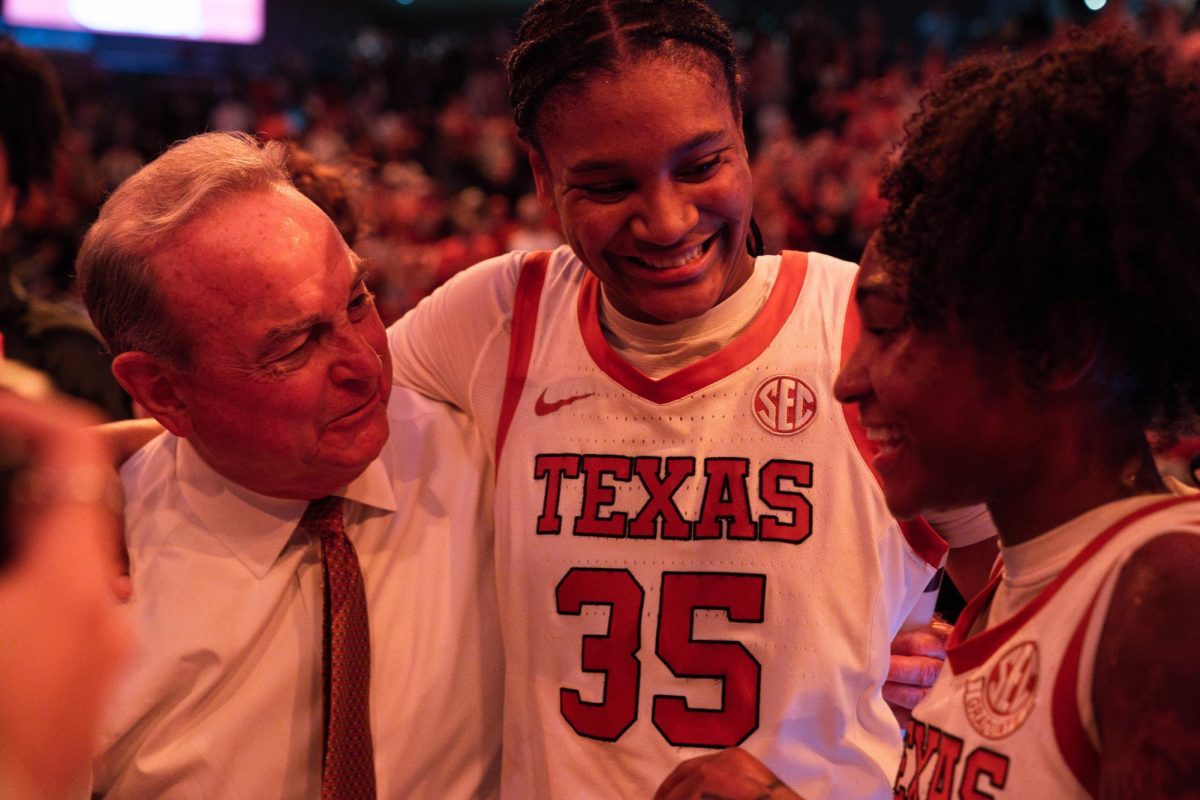Colleges and universities will be permitted to directly pay student-athletes for the first time if a judge approves a settlement involving the NCAA this week, sparking debate on how colleges should distribute pay between male and female athletes under federal anti-discrimination laws.
Chris Plonsky, the Texas Athletics chief of staff, said assuming the settlement is approved, UT student-athlete payments will not be distributed equally across the different sports teams but will favor football. Plonsky said this allocation would be fair because it would compensate for the programs generating the most revenue.
Name, image and likeness rules, which went into effect in June 2021, allows athletes to profit from their personal brand. The NCAA currently prohibits schools from directly paying student-athletes. On Feb. 12, the Trump administration rescinded a Biden-era legal guidance that would have required colleges and universities to equally distribute revenue-sharing agreements and name, image and likeness or NIL deals to male and female student-athletes.
If the settlement is approved by U.S. Judge Claudia Wilken, colleges will be able to pay student-athletes directly. However, colleges would not be required to equally distribute the money between male and female athletes, which the Biden administration believed violated Title IX, the federal law that prohibits discrimination on the basis of sex in federally funded education programs or activities, including college athletics programs.
The House v. NCAA settlement addresses three cases filed by student-athletes seeking back damages and future benefits for Division I student-athletes. The settlement would furnish $2.78 billion in backpay for athletes previously denied NIL, eliminate scholarship limits and allow schools to directly pay student-athletes up to 22% of media, ticket and sponsorship revenue.
The only profitable sports programs at UT are football and men’s basketball, Plonsky said in an email. She said the profit already supports all the other University sports programs.
UT complies with Title IX by providing the same services to all athletes, including facilities, support and insurance and all student athletes can take advantage of NIL opportunities outside the University, Plonsky said.
For women’s basketball guard Rori Harmon, who joined Texas women’s basketball in 2021, NIL has been a constant throughout her collegiate sports career. Harmon has picked up several partnerships throughout her time at Texas, including Hollister, Uber Eats and Raising Cane’s which was not an option for any athletes when Title IX was adopted. The senior announced on April 9 that she would be returning for a fifth year because of an injured redshirt year she picked up after tearing her ACL in her junior season.
“Texas has always taken care of me and so (NIL) doesn’t really play a part in my decision unlike maybe some other people or some other athletes out there,” Harmon said.
Although Harmon said NIL deals and the potential new rules did not impact her decision to return to the team, she acknowledged how significant those are in the world of women’s sports, specifically basketball.
“When I turn on the TV and I want to watch the NCAA Tournament and March Madness, I see fellow student athletes, female student athletes on commercials,” Harmon said. “Which I think is a really big deal … NIL in that manner, has definitely helped a lot with the visibility and the publicity of women’s sports in general.”





















